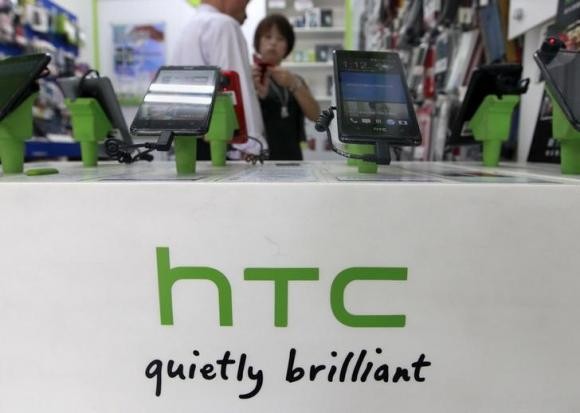Taiwanese gadget manufacturer HTC has entered the Bangladesh market for the first time with a flagship smartphone and five other smartphones that are part of their Desire line, hoping to compete in a country where local brands dominate the market.
The six smartphones HTC will be releasing in Bangladesh are the One M8 Eye, Desire 820s, Desire 626G+, Desire 326G, Desire 620G and Desire 526G+. HTC's new distributor Next Nine Corp. (NXT9) will make them available within the week.
The smartphones will have a price range of 11,490-38,990 Bangladesh taka ($148-503).
President of HTC South Asia Faisal Siddiqui said in a press release on Oct. 6 that they "are pleased to launch our smartphones in the Bangladesh market. All the HTC devices are stunning, intuitive and advanced in technology. Our new HTC Desire models deliver the best of both worlds, combining fresh youthful design with powerful processing capabilities."
"HTC wants to empower the masses and put a good phone in everyone's hands, without compromising on features and specifications," said Siddiqui.
According to Prem Chand, managing director of NXT9, "Bangladesh is among the top 10 countries worldwide in terms of the number of mobile subscribers and it has significant growth potential as it is focused on Internet connectivity for its people."
"We are excited to be partnering with HTC to contribute to this vision," Chand added.
Figures from the Bangladesh Telecommunication Regulatory Commission state that there were 130.843 million mobile phone subscribers in the country as of the end of August, an 11.28-percent increase from the previous year.
According to data research firm Market Monitor, smartphone shipments only made up 21 percent of total mobile phone shipments to the South Asian country during the first quarter of 2015.
According to first-quarter data, the Bangladesh mobile phone market is dominated by local brands, with Symphony Mobile at the top spot with 38 percent share, Walton at third with 9.5 percent and Lava at fifth with 4.9 percent. Samsung, with 23.4 percent share, and Microsoft, with 5.4 percent share, placed second and fourth, according to Market Monitor's statistics.






















